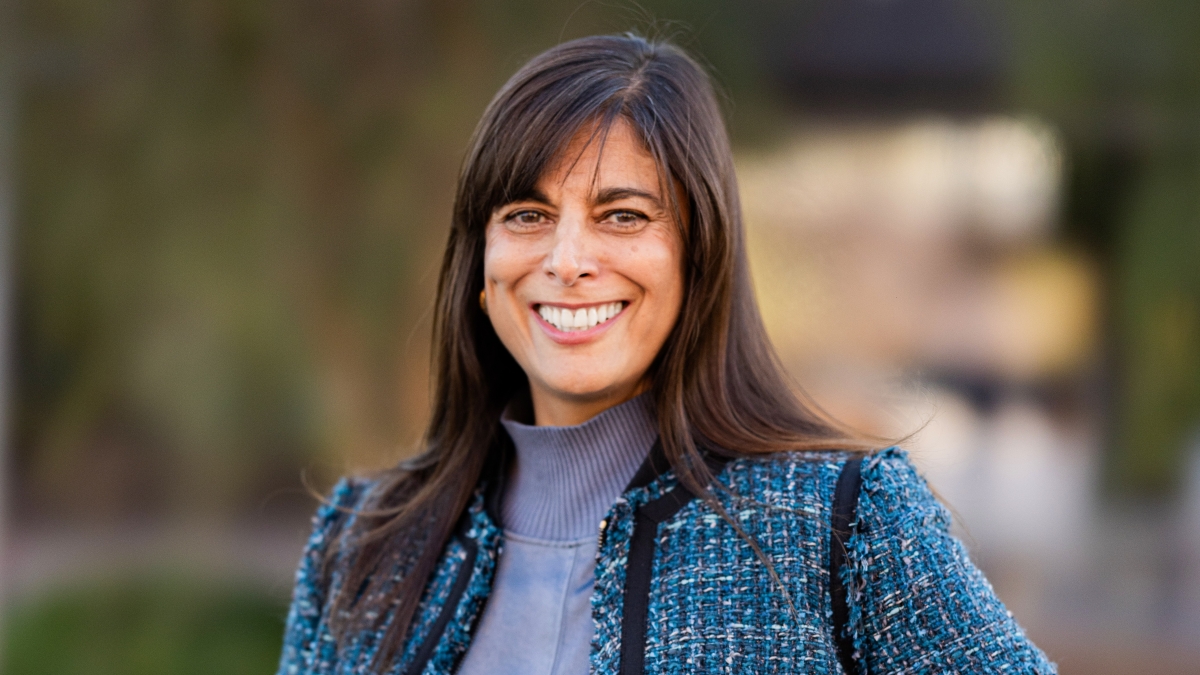ASU planetary scientist to be inducted into the National Academy of Sciences

School of Earth and Space Exploration Director Meenakshi Wadhwa
The National Academy of Sciences is inducting School of Earth and Space Exploration Director Meenakshi Wadhwa into the 2023 class of new members for her pioneering work in planetary sciences and continuing achievements in original research.
The National Academy of Sciences welcomes 120 new members and 23 international members at its induction ceremony on April 26, expanding the total number of active members to 2,565 and the total number of international members to 526.
Among these distinguished individuals is Wadhwa, who joins the 18 ASU faculty members in the academy. Her induction into the NAS not only signifies her local recognition but also her global impact and the high esteem in which her work is held worldwide.
“On behalf of the entire academic community at ASU, I extend my sincere congratulations to Professor Wadhwa for this well-deserved election to the National Academy of Sciences,” said Nancy Gonzales, ASU's executive vice president and university provost. “The National Academy of Sciences is comprised of our nation’s most consequential scientists who help shape federal policy through scientific inquiry and discovery. Through this election, Mini’s body of work will continue to impact our collective understanding of space, time and our place in the universe.
"We are proud to have her among our stellar faculty at ASU, which now boasts 19 members in this prestigious group of experts.”
Wadhwa's research is at the forefront of understanding the time scales and processes involved in the formation and evolution of the solar system and planets. Her work on the development and application of novel methodologies for high-precision isotope analyses of planetary materials has significantly advanced our knowledge in this area.
In addition to her role as the School of Earth and Space Exploration director, Wadhwa serves as the Mars Sample Return Principal Scientist at the Jet Propulsion Laboratory in Pasadena, California.
“I am honored and humbled to be among those included in this NAS class,” Wadhwa said. “I believe though that this honor reflects, more than anything, the incredible intellectual environment and amazing opportunities I have had during my nearly 18 years at ASU, and the caliber of the colleagues, postdocs and students I’ve had the good fortune to work with here.”
Her work has been acknowledged with many awards. In 2021, she was honored as a Geochemistry Fellow of the Geochemical Society and the European Association of Geochemistry, and was awarded the J. Lawrence Smith Medal of the National Academy of Sciences. Asteroid 8356 has been named 8356 Wadhwa in recognition of her contributions to meteoritics and planetary science.
The National Academy of Sciences is a private, nonprofit institution established under a congressional charter signed by President Abraham Lincoln in 1863. It recognizes achievement in science by election to membership and, with the National Academy of Engineering and the National Academy of Medicine, provides science, engineering and health policy advice to the federal government and other organizations.
More Science and technology

ASU professor wins NIH Director’s New Innovator Award for research linking gene function to brain structure
Life experiences alter us in many ways, including how we act and our mental and physical health. What we go through can even change how our genes work, how the instructions coded into our DNA are…

ASU postdoctoral researcher leads initiative to support graduate student mental health
Olivia Davis had firsthand experience with anxiety and OCD before she entered grad school. Then, during the pandemic and as a result of the growing pressures of the graduate school environment, she…

ASU graduate student researching interplay between family dynamics, ADHD
The symptoms of attention deficit hyperactivity disorder (ADHD) — which include daydreaming, making careless mistakes or taking risks, having a hard time resisting temptation, difficulty getting…